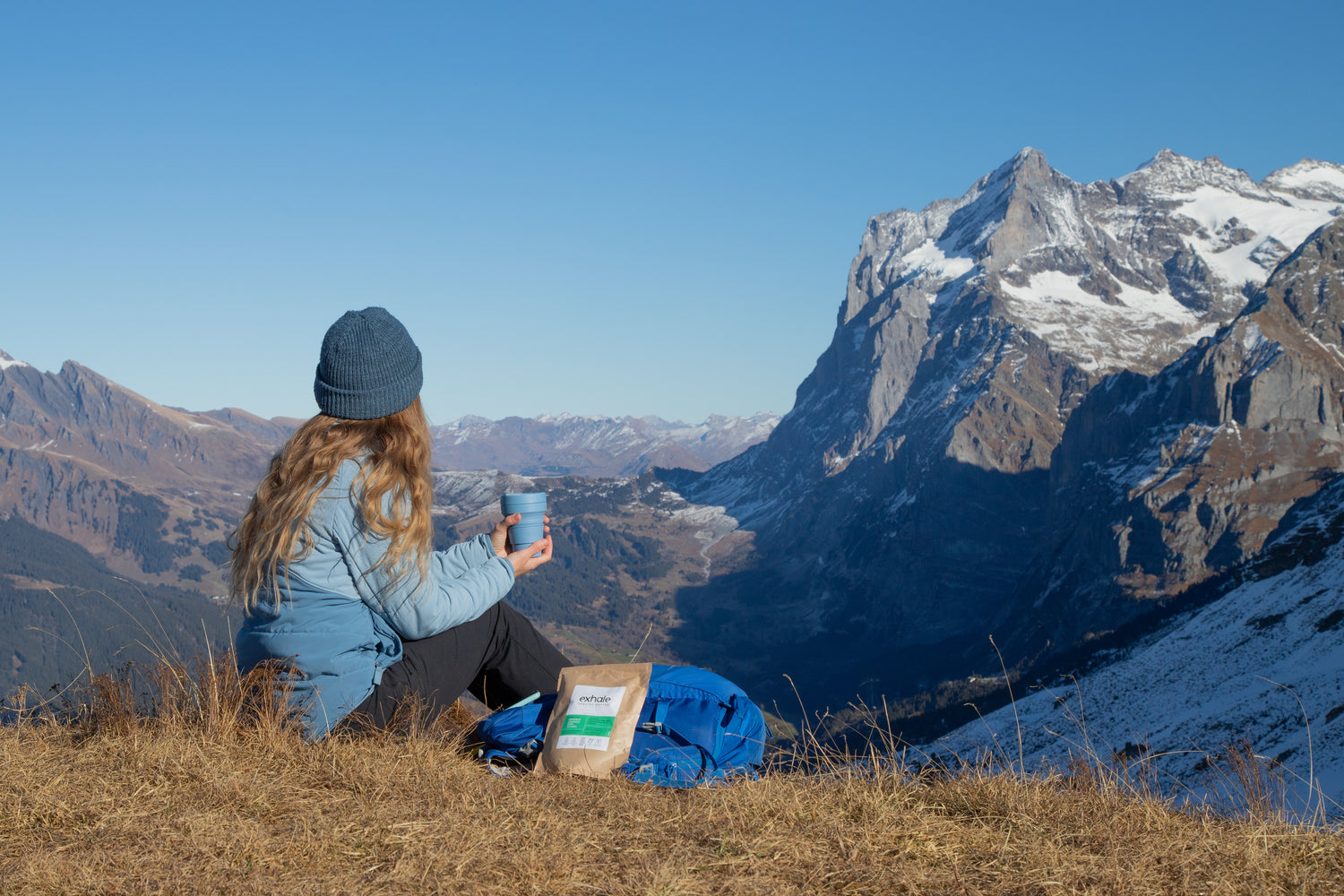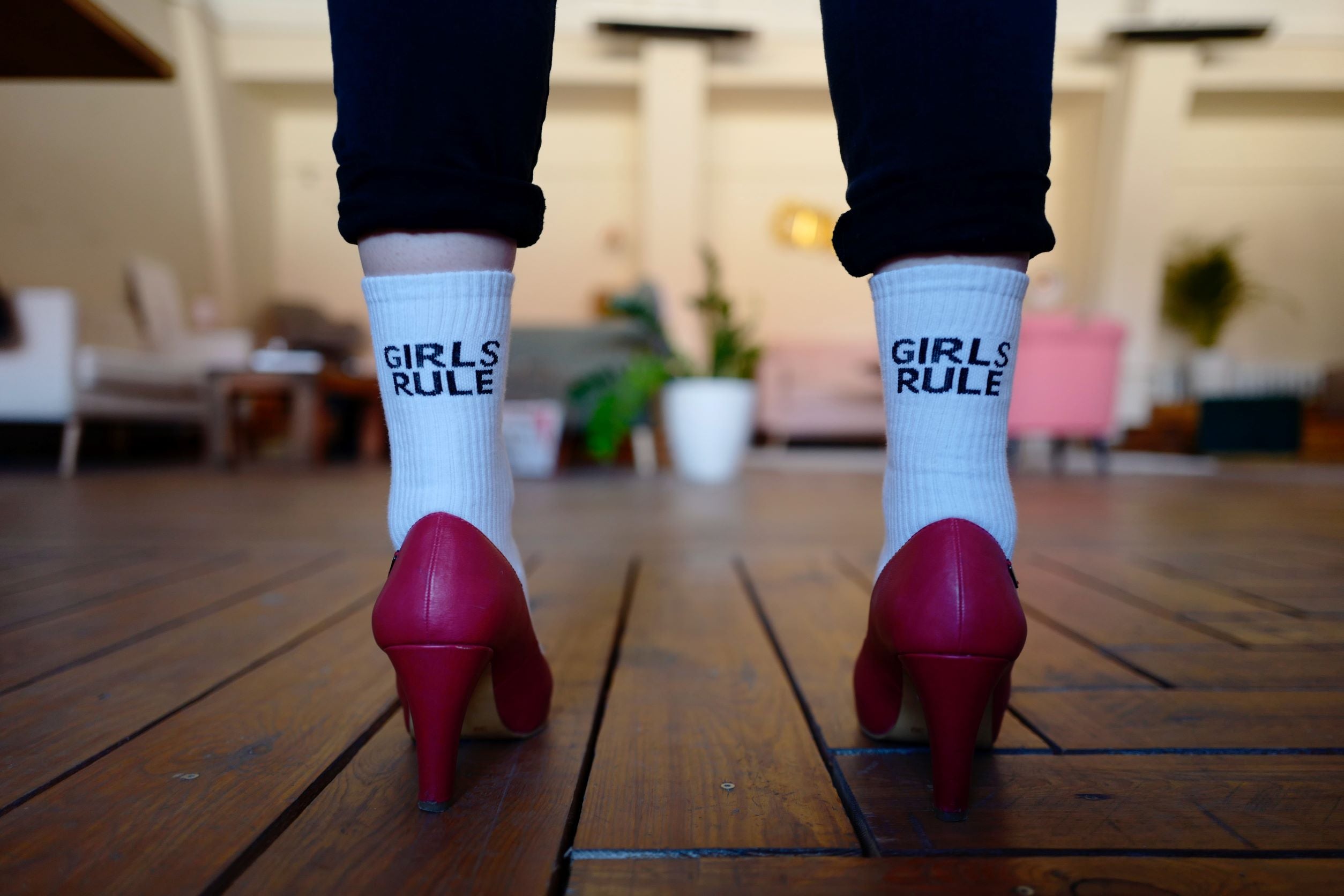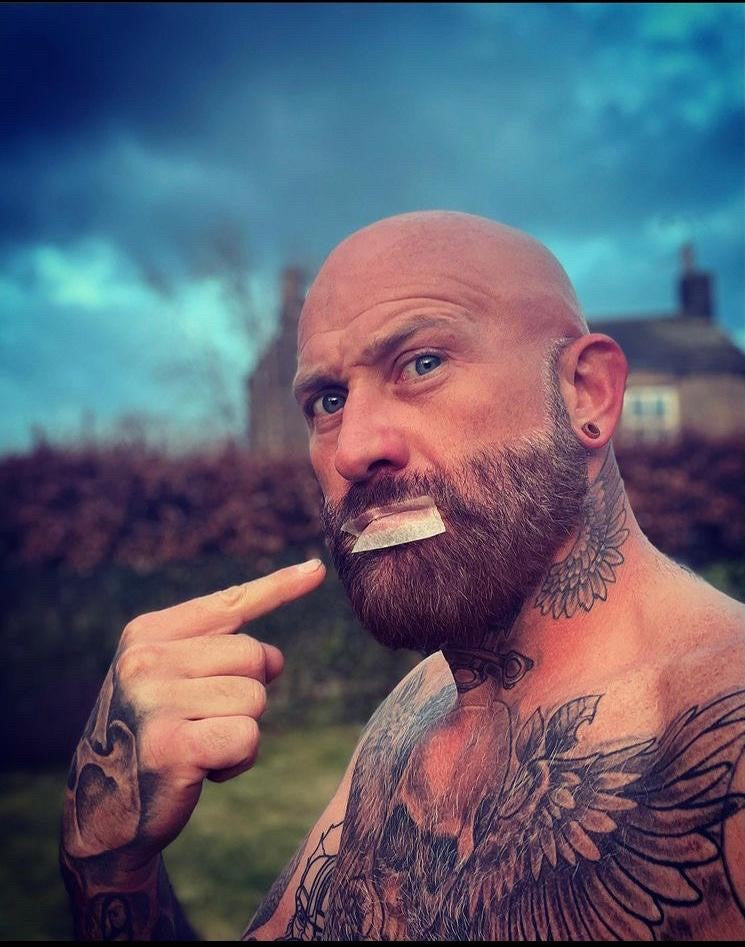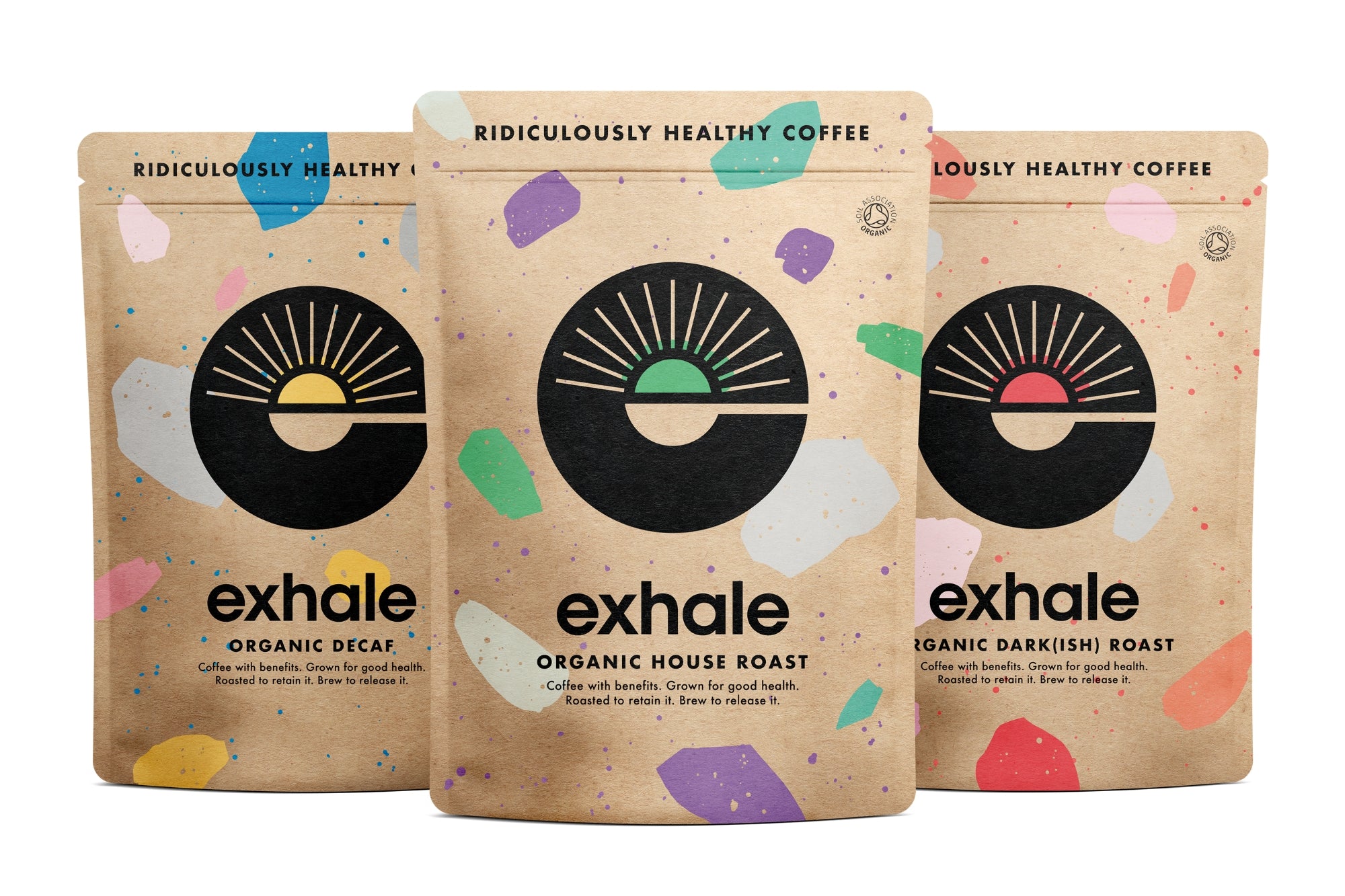Rainforest Alliance? Fairtrade? Learn about the different certifications you might see when buying coffee, what they mean, and what to look for.
If you peruse any supermarket shelves, your eyeballs will be bombarded with emblazoned slogans boasting various certifications.
As some of the most common, Rainforest Alliance and Fairtrade Coffee are two you’re probably familiar with. But, what do they mean? And should any coffee without a certification still get a look in when you’re trying to make an ethical decision?
We talked with coffee guru, Emma from Caffeina to get a bit more detail on what these symbols can tell us about the coffee we buy.
Rainforest Alliance
As an international non-profit, Rainforest Alliance looks at "the intersection of business and planet”.
In plain English, that means they look how a business interacts with the environment, but also with the communities they are in. Working to protect against deforestation and climate change, they also focus on building opportunities and better working conditions for people living in rural areas. So obviously, when it comes to growing coffee, the little green frog symbol is very relevant.
>Read more about them here
Fairtrade
The Fairtrade symbol is all about the livelihoods of the people involved in making, growing and producing the products we buy.
They aim to ensure that “... a set of standards are met in the production and supply of a product or ingredient. For farmers and workers, Fairtrade means workers’ rights, safer working conditions and fairer pay. For shoppers it means high quality, ethically produced products.”
So, as opposed to looking at the environmental impact, Fairtrade supports farmers and workers to ensure equality in pay, working conditions, and means that the money they earn can go into investing further into better farming and working practices.
>Read more about them here
So, if you’re looking to make a sustainable purchasing choice, these two symbols combined cover sustainability as a whole, in its broadest sense.
So, should you look for these certifications?
If you want to make sure you’re buying good quality, ethical, environmentally sound coffee - ask yourself these questions:
What product are you buying? For example: as an average person, we know nothing about the supply chain of a product. So – if a bag of coffee has a Fairtrade logo – it gives you an assurance that the people who have grown and picked and processed it were paid and treated decently. And with a Rainforest Alliance logo, it’s an assurance that in the production and processing of that coffee, they looked after the environment and the surrounding community. So, in that sense, certified is good.
Where are you buying from? This is about the who and where in the chain. Are you buying coffee from a roastery that you know about and trust? Or are you buying from a supermarket? If you don’t know where something has come from, then a certification is good to give you some peace of mind.
What do you know about the coffee? You may have a keen interest or simply want to buy an ethical coffee. If you’re a coffee boffin (guilty) who likes to research, then of course, trust yourself to make a good choice. But, if an ethical coffee is as far as you want to go, then yes, a certification is good there too.
Specialty coffee is a cut above
This is where certifications don’t necessarily matter so much.
Specialty coffee sets itself apart from the greater industry because of the high quality standards needed to be classed as a specialty coffee, and because of the way it is sourced and bought. Not buying it on the market in the same way as big bulk coffee makes a huge difference in quality control. It’s sourced by people who have personally visited the farms, met the farmer, looked at the environmental practices, and seen the impact of that farm on the wider community.
So – in that sense, if you’re buying specialty coffee – its less of a big deal about certifications because you know that the people buying it really care about the grade and how it's produced. They're paying a premium for a really high standard of coffee. And with that comes a very high likelihood that the producer was paid substantially more than they would be paid from elsewhere.
Certification is expensive
The one thing to note is that certification systems are not free of charge. So, a coffee farmer must pay to access those certification systems, and they can be quite costly. Sometimes it makes more sense for them to produce the coffee in a more transparent way – rather than investing in the certification. That way, the money is spent on making a quality product, in a qual
That doesn’t mean that as consumers, we shouldn't have certified coffee. If you happen to get it, great – but it shouldn’t necessarily be all that you look for. If you know where it’s coming from it’s very different to buying from the supermarket.
Exhale healthy coffee is certified Soil Association Organic and Speciality grade Coffee





Leave a comment
All comments are moderated before being published.
This site is protected by hCaptcha and the hCaptcha Privacy Policy and Terms of Service apply.